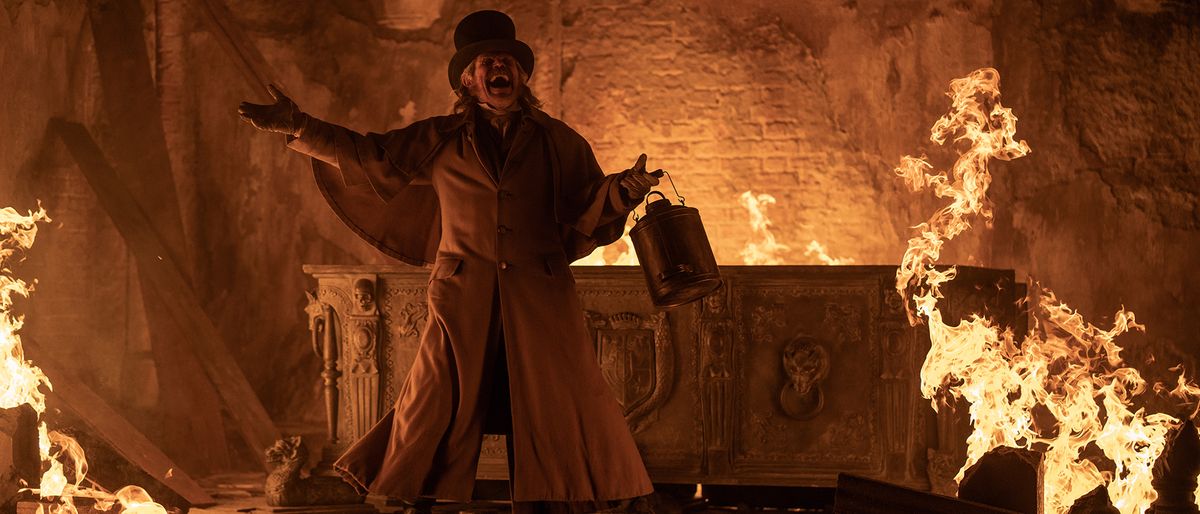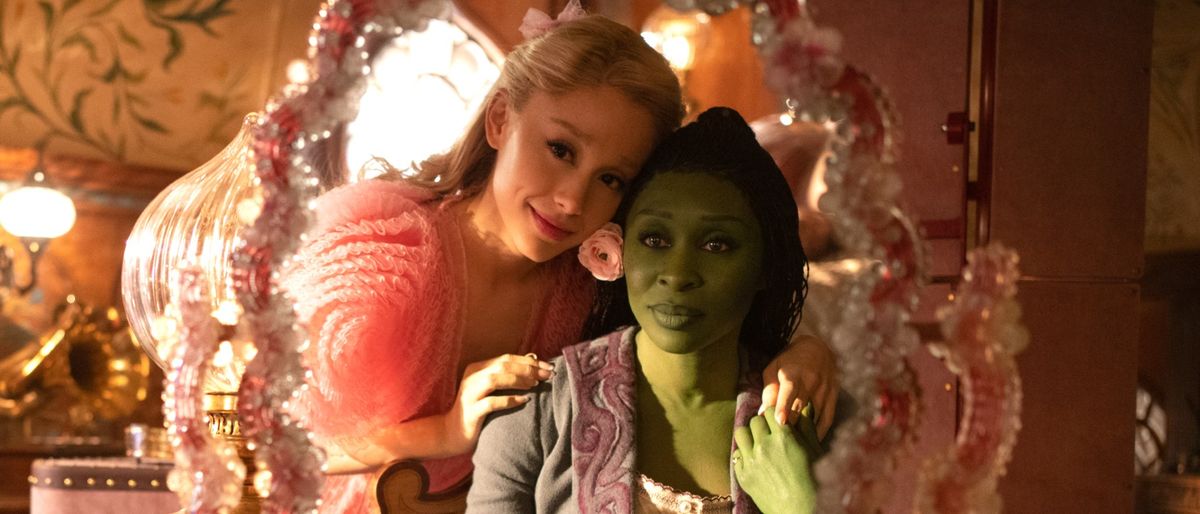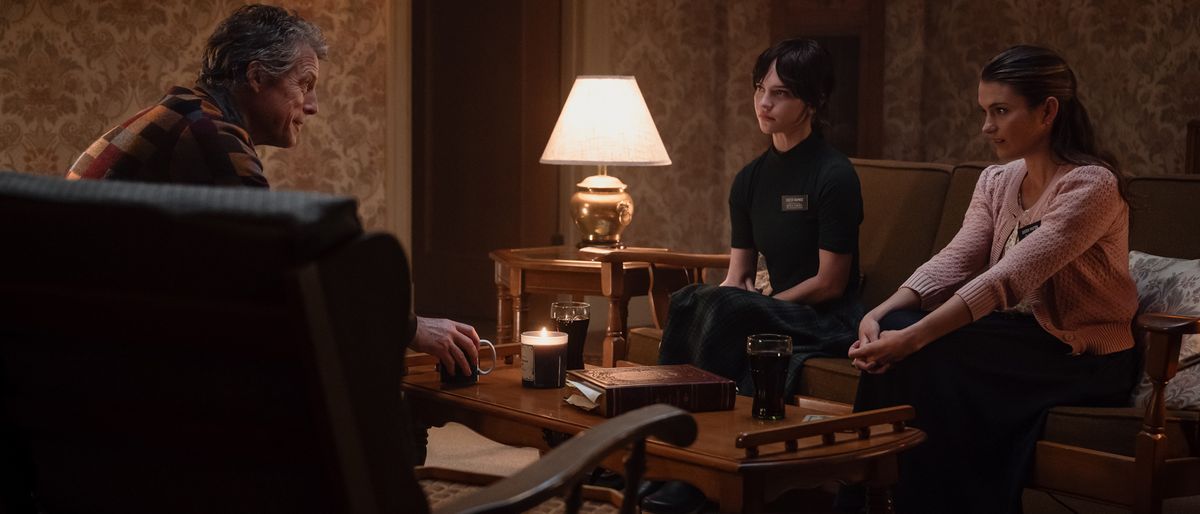
In the lengthy lineage of biopics regarding American injustice, Just Mercy is notches above 42 however leagues under Malcolm X. Still, the Destin Daniel Cretton-directed movie—which is predicated on a real story—is related and worthwhile.
Walter McMillian’s (Jamie Foxx) expertise on loss of life row as an harmless man is a dreadful account, however one made heroic by the vigorous efforts of lawyer Bryan Stevenson (Michael B. Jordan), a current Harvard Law School graduate. Stevenson’s arrival in 1989 Alabama and subsequent battle for McMillan’s life are met with ego and bigotry. As he tracks down witnesses and corroborates testimony, he sees that injustice nonetheless exists within the South.
The persistent tempo of Just Mercy makes the enormity of systemic racial injustice appear below tight rein. It’s as if the filmmakers channeled the broad scope of director Ava DuVernay’s 13th into an alive and private true story.
Foxx proves as soon as once more that he’s an underrated dramatic actor. Even in his restricted, enclosed scenes on the jail and within the courtroom, the caged madness reverberates even within the quieter moments of struggling.
Jordan because the real-life lawyer isn’t very trailblazing. As the inventory hero sort, he jogs via his frustrations and we see the only tear drop down his cheek, however largely he’s consigned to routine speeches. Tim Blake Nelson as Ralph Myers, the prosecution’s key witness towards McMillian, steals just a few scenes along with his twitchy, anxious demeanor.
The racial injustice confronted by McMillian echoes all through American historical past, and the movie isn’t afraid to emphasise it. An early scene exhibits Stevenson driving as much as the jail as black inmates are doing handbook labor whereas a white guard with a shotgun towers over them on a horse. Far from a Rick Grimes stand-in, the picture evokes slavery-era plantation energy dynamics: the sphere fingers and the white masters. Just Mercy is scathing in its indictment that the remedy of black Americans has not modified one bit.
Stevenson, protected in his information of the regulation and his rights, continues to be subjected to racist indignity, corresponding to being strip searched on the jail and going through a stop-and-search at gunpoint. The chilling relevance is undoubtable when the sheriff coolly says, “Hey brother, you better be careful with your words if you got a gun at your head.”
The wrestle for equality is entrance and middle. But the whole lot hinges on a number of moments the place white characters must do the correct factor, which signifies the story is perhaps extra about our reliance as a society on the passing goodness of white folks. The movie lacks readability on this endeavor, nonetheless. The scene of the guard being portrayed because the “good guy” to McMillian—regardless that he’s the one who subjected Stevenson to the humiliating strip search—is nauseating to look at. It demonstrates an odd persistence to make horrible white folks appear as if they nonetheless have integrity.
The movie navigates these treacherous socio-political waters, whereas additionally making an attempt to interact the viewers within the tortuous journey to justice. Beyond the superior performing, Just Mercy doesn’t try and thrill the viewers a lot with units, lighting, and even with costuming—with out Brie Larson’s high-waisted pants and perm, one would hardly realize it’s set within the early 1990s. However, songs like “Don’t Wanna Fight” by Alabama Shakes and “Trouble of the World” by the long-lasting Mahalia Jackson punctuate emotional scenes impeccably. The tune enjoying over the loudspeaker throughout a condemned man’s execution day is a selected soul punch.
Just Mercy is a type of tales that wanted to be advised, and thru a contemporary perspective, the gritty nuances are there. The movie doesn’t fairly soar, however it sits on a sturdy basis.
Source


